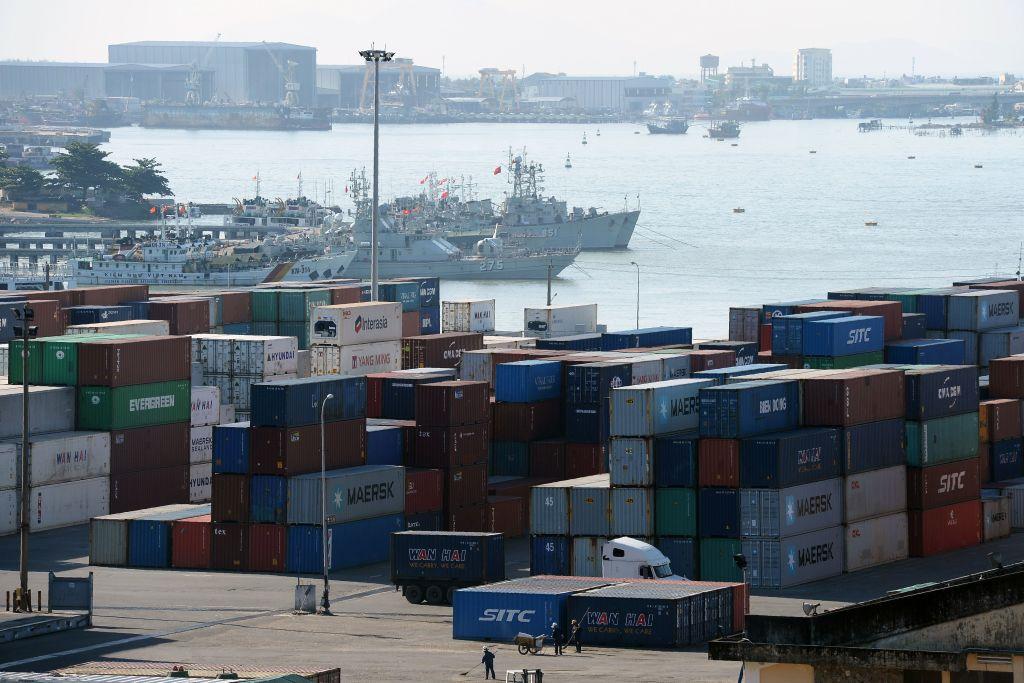Many companies intent on moving production out of China to avoid U.S. tariffs have set their eyes on Vietnam as an alternative production base.
Recently, Japanese trading company Sumitomo decided to take advantage of the trade diversion to Vietnam by announcing a major investment into a local port operator.




